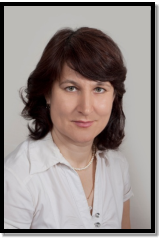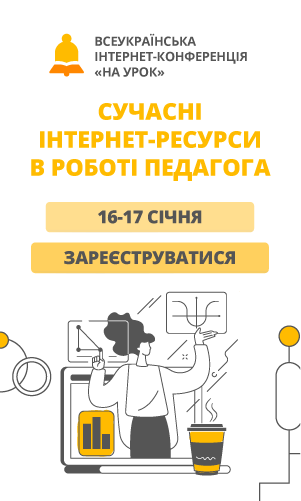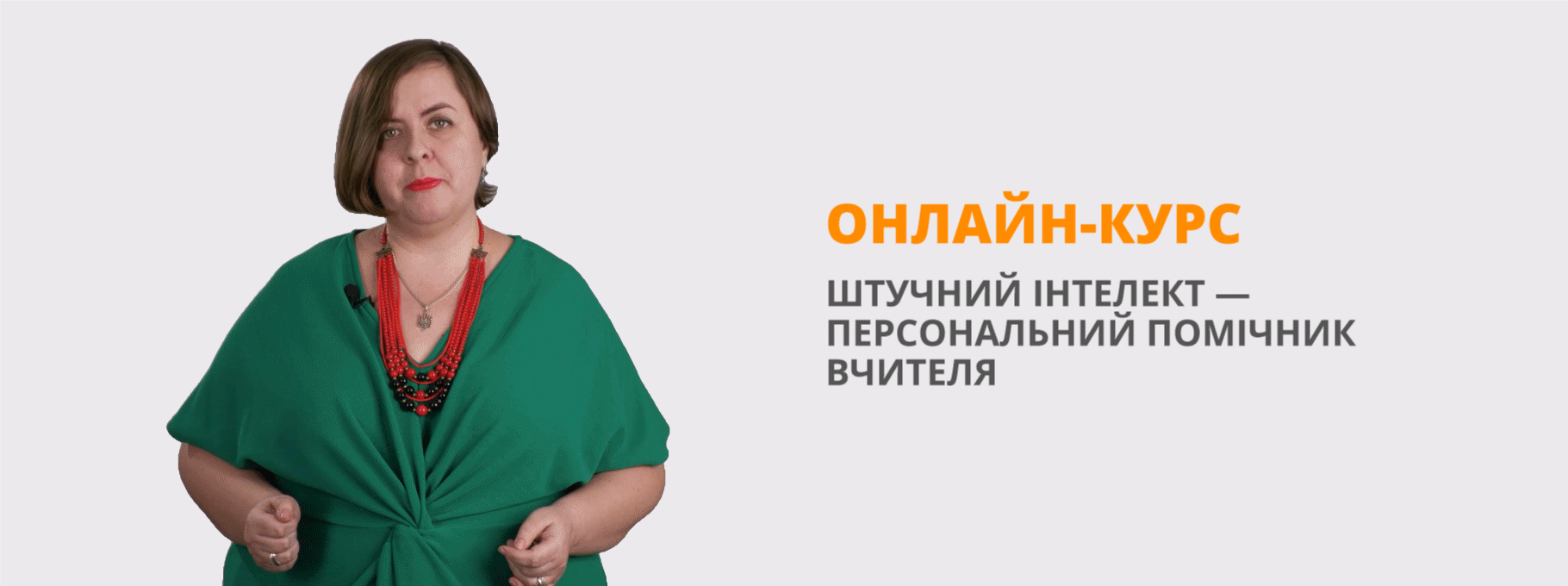Стаття " Деякі аспекти активізації вивчення англійської мови з використанням комунікаційних технологій"

Вчитель англійської мови, спеціаліст вищої категорії Шендрик Ірина Михайлівна
Вікторійської загальосвітньої школи I III ступенів Пирятинської міської ради Полтавської області
Телефон: 0992625070
SOME ASPECTS OF ACTIVATION OF FOREIGN LANGUAGE TEACHING USING COMUNICATIVE TECHNOLOGIES.
At present foreign language teaching is impossible without the achievements of innovative informational technologies. Their efficient and sustainable use in the learning process can more fully realize a range methodical, didactic, pedagogical and psychological principles and can embody the principles of individualization and differentiated approach in learning process. The advantage of these technologies in the study of a foreign language is the possibility of autonomous learning considering individual rate of students and their level of proficiency.
According to the BologneDeclaration, the number of classroom hours the students decreases and the time for independent work increases. The role of a teacher in learning process some have transforms: teachers function as the main source of information gradually loses its actuality; it is converted to the organizer, consultant, manager and expert of student’s independent work.
Independent work of students is an integral part in the teaching in any subject in higher education including English language, and its role is recognized by all teachers, trainers and researches. However, not all students are aware of their personal responsibility for the quality of the jobs they preform out of classroom. A lot of students refer to this formally for the past to be passed. An example of this treatment is famous and popular among English teaching methods a system of passing thousand of printed sings with a huge list of words translated. As a result when a huge amount of work isalone the majority of graduates do not know either how to speak English or to perform light quality translates.
Independent work must be effective; students must clearly understand its usefulness for successful career development and practical use of the acquired knowledge in their future professional activities. Such a pragmatic approach determines the feasibility of holding needs analyses at the beginning of the curse of the English language with an indication of the skills that will be useful for students in future needs analysis of this required for this or that specialty must include basis language aspects exams: the ability to perceive information in English orally and in writing, and present information orally and in writing.
Sometimes students pin hopes on their teacher. This means that a teacher should take their responsibility what result in reduction of amount of work and the right to follow an ineffective way(here is no quaranteethat a teacher know effective one).
Study is an personal experience. Teacher cannot do it for student.
A good teacher must make the study effective for each student. So a student should always be ready to ask for the following: to check his writing and indicate the errors in his speech. It’s the most important thing to ask for.
Student may ask a teacher to recommend him some dictionaries, computer applications, interesting resources. There are plenty of them and it is ineffective to try examine them without proper experience. The teacher should not be boring and meeting with him should support student on his way.
Also ignoring the main measure of process, the vocabulary may lead to unconscious reduction of effectiveness and in future reduction of motivation.
Increases of vocabularyis a necessary and sufficient sigh of progress because it means that the extent of practice is growing. Only bigger extend of practice allows having a longer volume of vocabulary in memory. The practiceis the part of study. Following the grown of vocabulary is very motivating.
Improving quality of education and facilitating educational procedure remains one of the most topical questions within the methods of teaching materials which meet the needs of students implementing new technologies to creating favourableemotional.Climate and stimulating learning motivation.
Here are many reasons why one need to use warm-aps:
- To focus or bring energy to each class in the first ten to fifteen minutes;
- To break the ice with a new class of students;
- To fill a small block of time when a lessons runs than previously planned;
- To have on hand for emergencies such as broken audio-visual equipment;
- To replace a lesson that students can notgraphs or are bored with.
In our article we name some warming-ups: word games, the question games, missing particles, memory box, spelling match and so on.
All of the activities mentioned above can be used in class in daily basis and represent an attention-grabbing communicative way to introduce students to de topic, more them involved intensity their learning activity revice previously learned difficult vocabulary or grammatical structures.
Thus using a motivating warming-ups can easily make the students concentrated on the learning task, improves their cognitive and communicative skills and helps to break the ice at the very beginning which can make them stay involved, busy and occupied till the end of the class.
Bibliography:
- Коломієць В. Служба Інтернету в неперервній освіті вчителя англійської мови /Рідна школа К. 2005. - №2 - 42-44 с.
- Common European Famework of reference for languages: learning, teaching, assessment. [Електронний ресурс]
- Одетова Н. М. Активізація навчальної діяльності студентів шляхом організації мовленнєвої розминки на заняттях з практичної граматики англійської. мови/
Н. М. Одетова / викладання мов у вищих навчальних закладах освіти на сучасному етапі. Міжпредметні зв’язки. Наукові дослідження. Досвід. Пошуки.- Вип. 23. Харків. 2013.- 63-71 с.


про публікацію авторської розробки
Додати розробку
